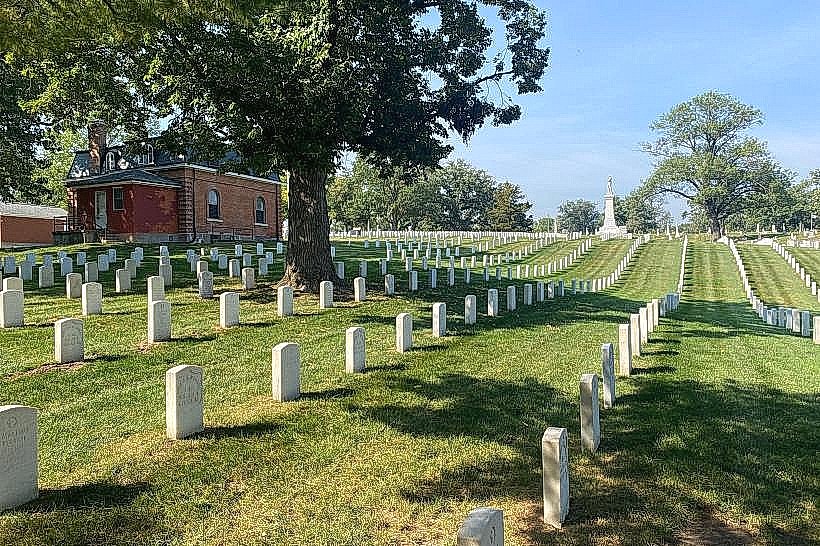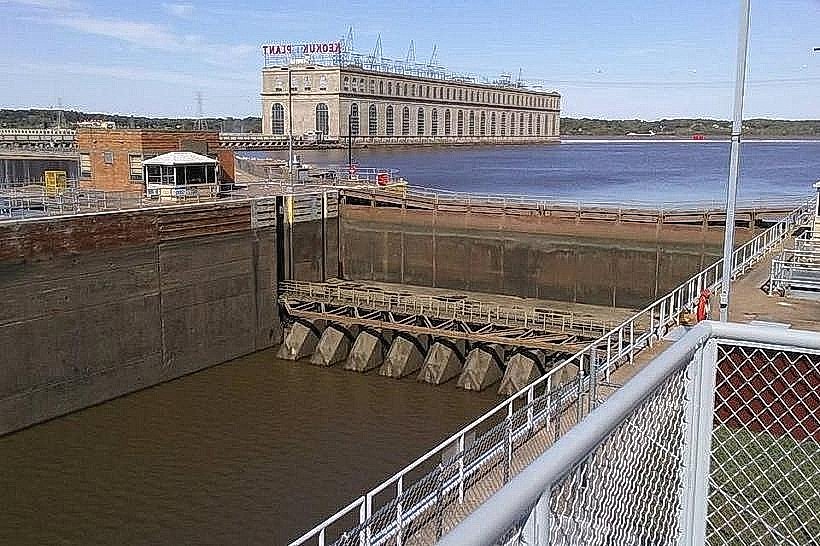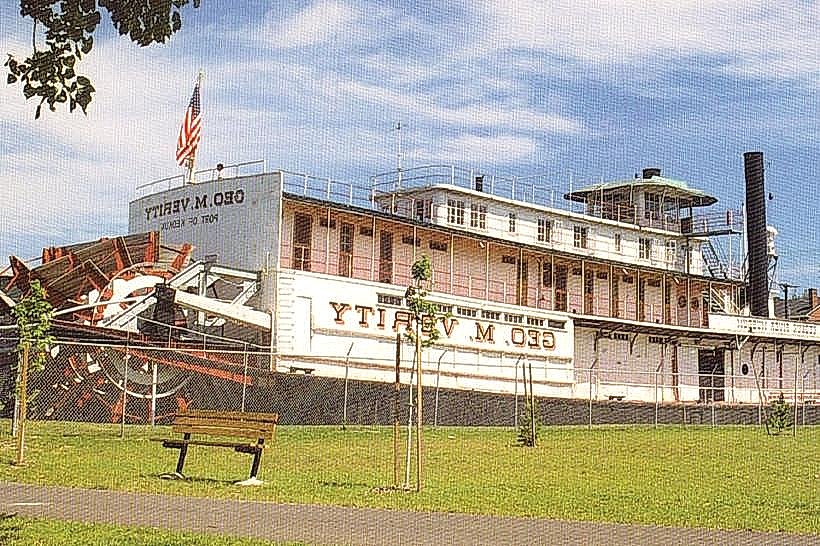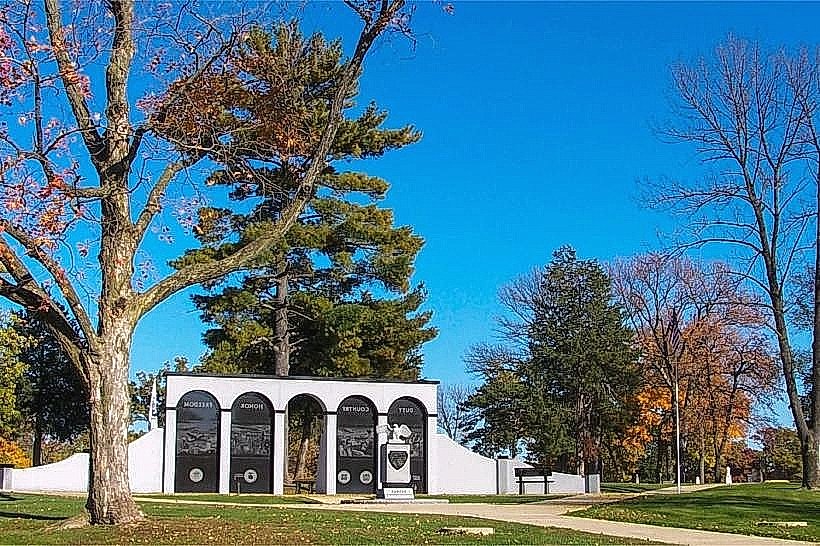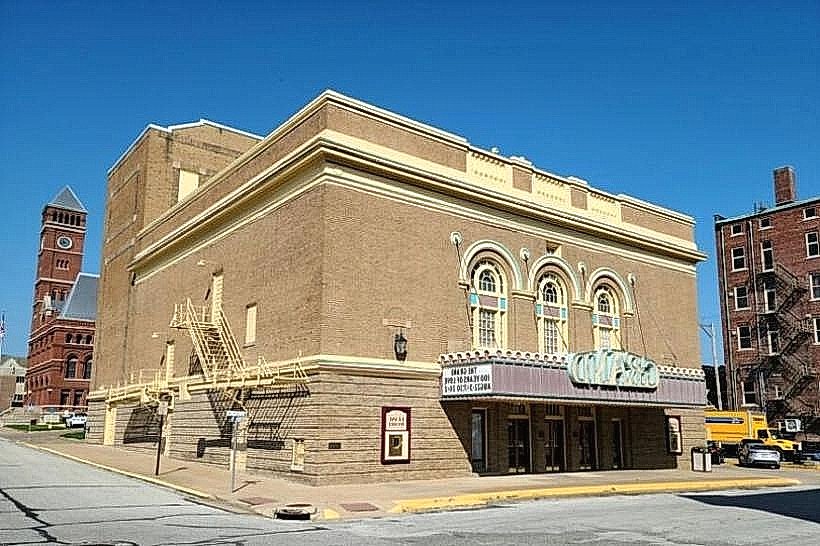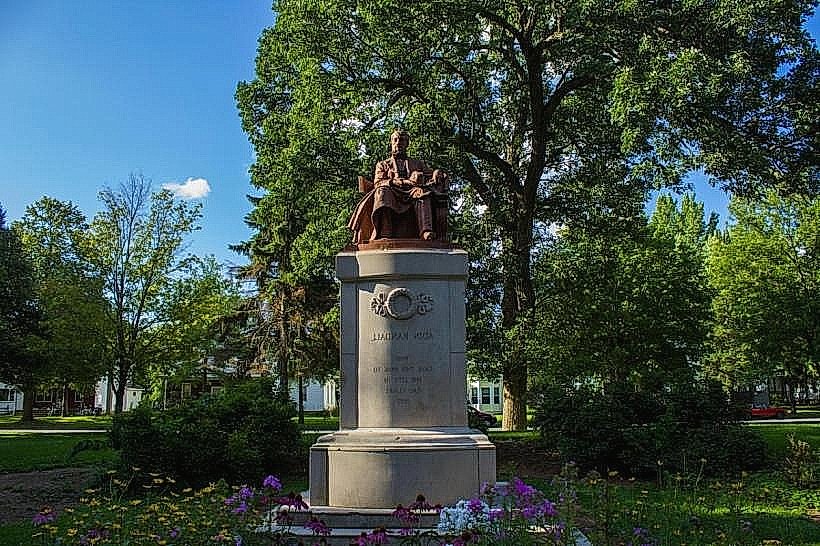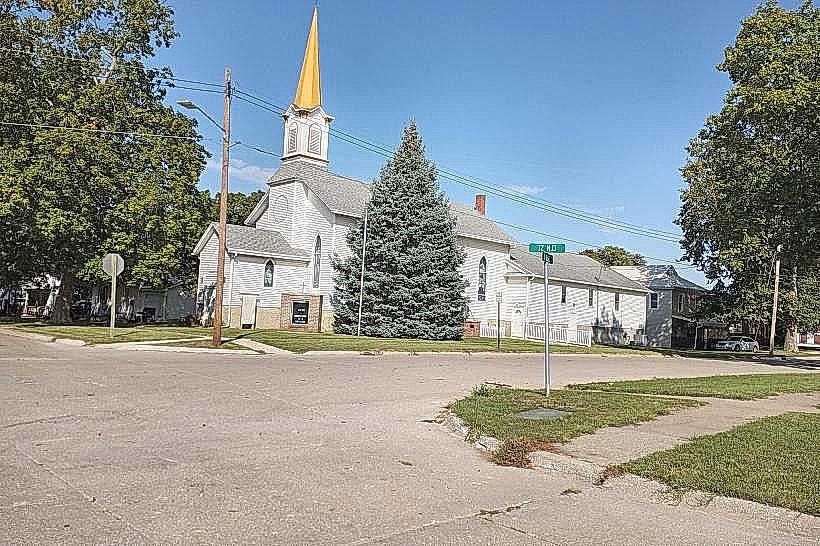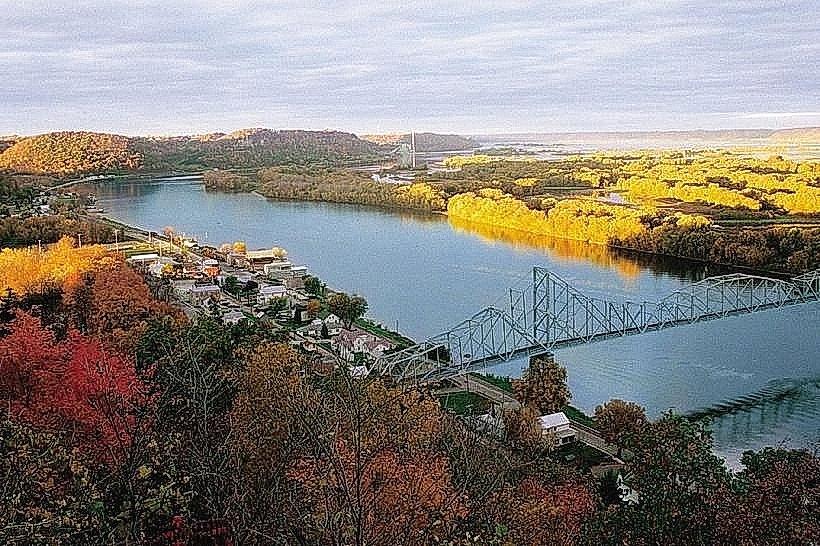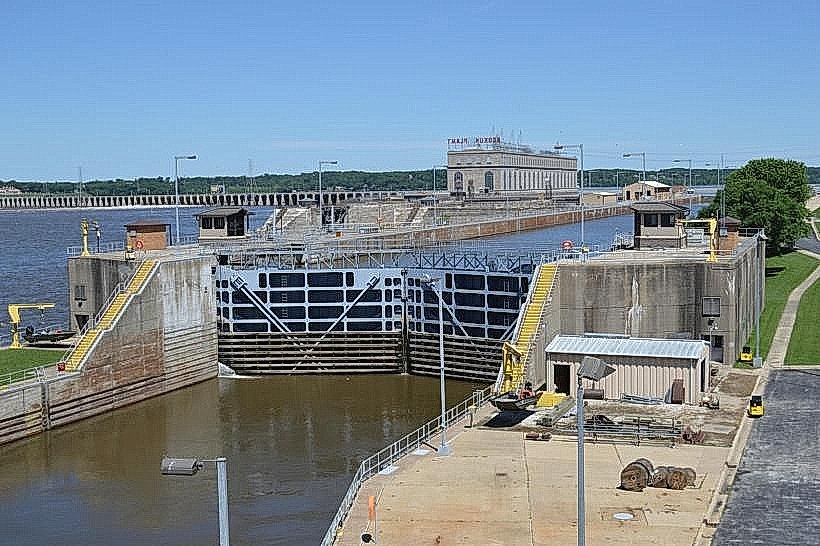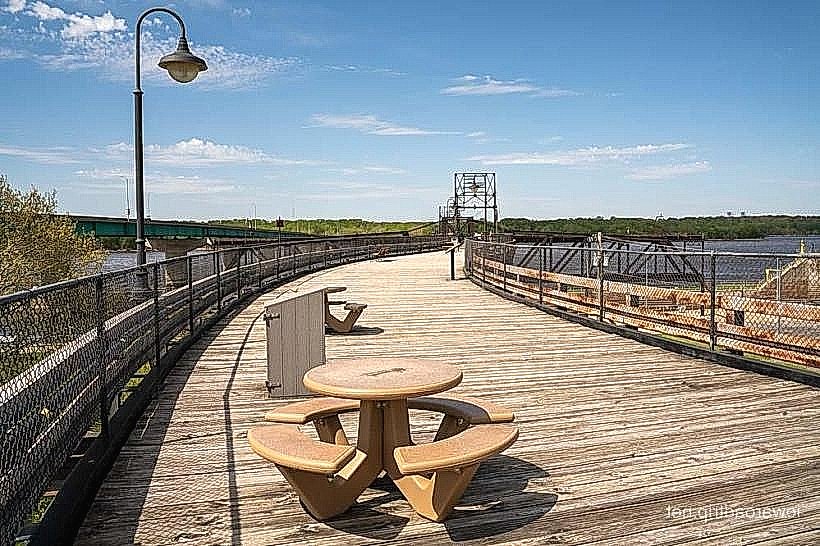Information
City: KeokukCountry: USA Iowa
Continent: North America
Keokuk, USA Iowa, North America
Keokuk is the administrative seat of Lee County and serves as a major gateway for river-borne commerce and hydroelectric power generation. It is situated at the confluence of the Des Moines and Mississippi Rivers in the extreme southeastern corner of Iowa.
Historical Timeline
The city was established in 1829 as a fur trading post and named after the Sauk chief Keokuk. It was officially incorporated in 1847 and became a significant medical hub during the American Civil War, hosting five military hospitals. The most significant architectural and infrastructure reconstruction occurred between 1910 and 1913 with the construction of the Keokuk Dam. The primary event shaping the current urban form was the completion of this hydroelectric dam and Lock 19, which at the time was the largest power plant in the world and eliminated the Des Moines Rapids, transforming the city into an industrial energy center.
Demographics & Population
The total population within city limits is 9,925. The top three demographics are White (86.4%), Black or African American (4.8%), and Hispanic or Latino (3.2%). The median age of the population is 40.5 years.
Urban Layout & Key Districts
The city is organized along high limestone bluffs overlooking the Mississippi River. The Downtown District (East) is the historic commercial core centered on Main Street; the North End (North) is primarily residential with significant Victorian-era architecture; the Riverfront District (Southeast) contains the heavy industrial sector, the lock and dam complex, and the Keokuk Union Depot.
Top City Landmarks
Keokuk Lock and Dam No. 19
George M. Verity Riverboat Museum
Keokuk Union Depot
Grand Avenue (Historic residential boulevard)
Transportation Network
Movement within the city is serviced by the Keokuk Municipal Transit (KMT), which operates fixed bus loops. There is no metro or tram system. Ride-sharing via Uber and Lyft is extremely limited; local taxi services are provided by private operators like A-1 Taxi. Traffic density is low, with the majority of heavy vehicle traffic restricted to the US-136 bridge corridor and the industrial southern riverfront.
Safety & "Red Zones"
The general safety level is moderate. Certain neighborhoods in the central and southern portions of the city report higher rates of property crime and narcotics activity. Travelers should exercise caution in unlit riverfront parks after dark. Common scams are negligible.
Digital & Financial Infrastructure
Average internet speed is 100–250 Mbps, with fiber optic services provided by Liberty Communications and Mediacom. Main mobile carriers are Verizon, UScellular, and T-Mobile. Card acceptance is high in most establishments. ATMs are available at bank branches and Casey's or Hy-Vee locations.
Climate & Air Quality
Temperatures range from -9°C to 1°C in winter (January) and 20°C to 31°C in summer (July). Specific weather risks include high humidity and potential river flooding in spring/summer, and heavy ice storms in winter. Air quality is generally high, though localized industrial emissions may occur near the riverfront.
Culture & Social Norms
The standard tipping rate is 15–20% for service. Greetings are informal and typically involve a handshake. Dress code is highly casual, reflecting the city’s industrial and agricultural base. Smoking is prohibited in all public indoor spaces under the Iowa Smokefree Air Act; public alcohol consumption is restricted to licensed venues.
Accommodation Zones
Main Street / Downtown: Stay here for walking access to historic architecture, the Keokuk Union Depot, and local eateries.
North 2nd Street / Hwy 61: Stay here for modern hotel chains and proximity to the primary retail corridor.
Local Cost Index
1 Espresso: $4.25
1 Standard Lunch: $13.00
1 Metro/Bus Ticket: $0.60
Nearby Day Trips
Nauvoo, Illinois (20 km)
Fort Madison, Iowa (35 km)
Hannibal, Missouri (105 km)
Burlington, Iowa (65 km)
Quincy, Illinois (60 km)
Facts & Legends
Keokuk is known as the "Geode Capital of the World," situated in one of the few regions globally where high-quality quartz-filled geodes are found in abundance within a 55-mile radius. A local legend involves the "Ghost of the National Cemetery," where residents have reported seeing the apparition of a Civil War soldier patrolling the grounds at night. A verified historical oddity is that Mark Twain (Samuel Clemens) briefly worked at a print shop in Keokuk in the 1850s, leaving his mark on the city's early literary history.

